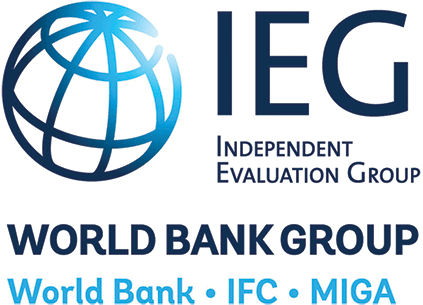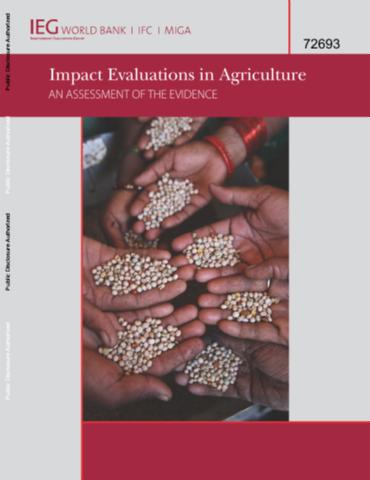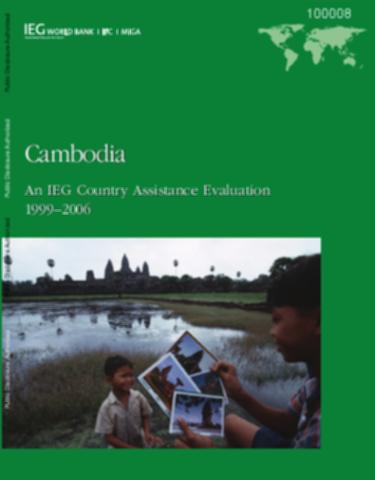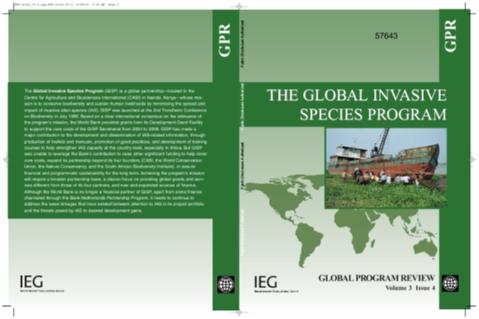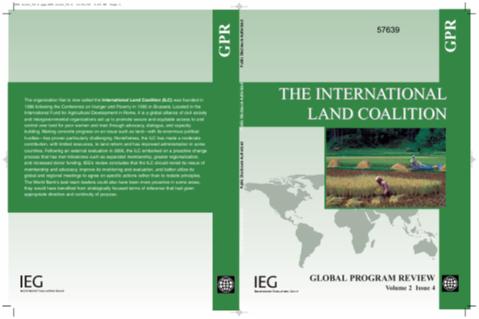Location
The World Bank is a vital source of financial and technic
The Independent Evaluation Group (IEG) evaluates the development effectiveness of the World Bank Group. Our work provides evaluative evidence to help the World Bank Group deliver better services and results to its clients. We do so by generating lessons from past experience and accountability to shareholders and stakeholders at large.
IEG is independent of the Management of the World Bank Group and reports directly to the Executive Board.
Members:
Resources
Displaying 1 - 4 of 4Impact Evaluations in Agriculture
This report seizes the opportunity to learn from existing evidence by analyzing lessons derived from impact evaluations produced between 2000 and January 2009 to begin to discern what has been effective in agriculture. It is part of a broader effort being undertaken by the Independent Evaluation Group (IEG) of the World Bank to understand how impact evaluations can help improve performance and broadly disseminate those lessons.
Cambodia
Cambodia emerged in the early 1990s from 30 years of conflict, the brutal Khmer Rouge era, and a decade of Vietnamese occupation, with one of the world’s lowest per-capita incomes, and with social indicators far behind those of neighboring Southeast Asian countries. Physical infrastructure had been largely destroyed. United Nations intervention led to a peace agreement in 1991, a new constitution, elections, and formation of a coalition government, although a reduced level of conflict and political instability continued until the late 1990s.
The Global Invasive Species Program
The Global Invasive Species Program (GISP) is an independent, not-for-profit association whose mission is to conserve biodiversity and sustain human livelihoods by minimizing the spread and impact of invasive alien species (IAS) and which is presently located in the Centre for Agriculture and Biosciences International (CABI) in Nairobi, Kenya. Its current membership is limited to the four founding members of GISP.
The International Land Coalition
The organization, which is now called the International Land Coalition (ILC), was established on January 1, 1996, on the recommendation of the conference on hunger and poverty convened by the International Fund for Agricultural Development (IFAD) in 1995. At first, the organization was called the popular coalition to eradicate hunger and poverty. The ILC itself was formally constituted and launched along with its new name in February 2003.

